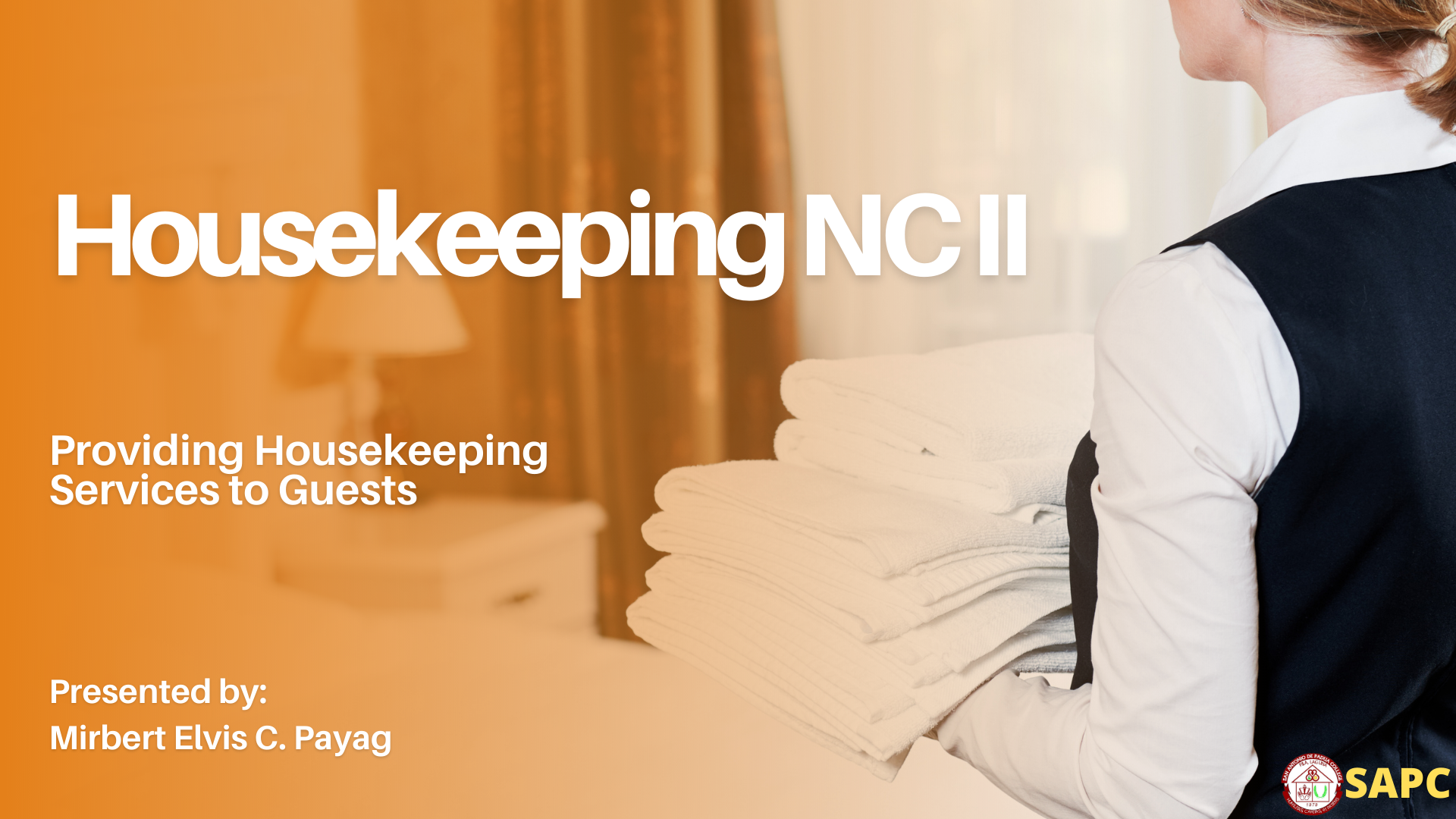- Teacher: Maydell Danac - Pablo
- Teacher: Maria Paz S. Tee
This course will provide an understanding of the basic concepts of mathematics as applied in business. it includes a review of the fundamental mathematics operations using decimals, fractions, percent, ratio and proportion, mathematics concepts, and skills in buying and selling, computing gross and net earnings, overtime and business data presentation, analysis and interpretation.

- Teacher: Irish Villanueva
Core Subject Description: In this course you will attain an understanding of the key factors that contribute to organizational success and the role that manager’s play in helping their organizations become more successful. The better that you understand these issues, the more effective you will be in your future careers. More specifically, the course will explore how organizational leaders develop winning strategies, and then design their organization in a way that aligns structures, social relationships, tasks, human resource practices, and people to achieve those strategies. In exploring these issues, you will identify the challenges that organizational leaders and managers face as they try to make good decisions in the face of a constantly evolving industry environment, competing goals and agendas, and an increasingly diverse and global workforce.
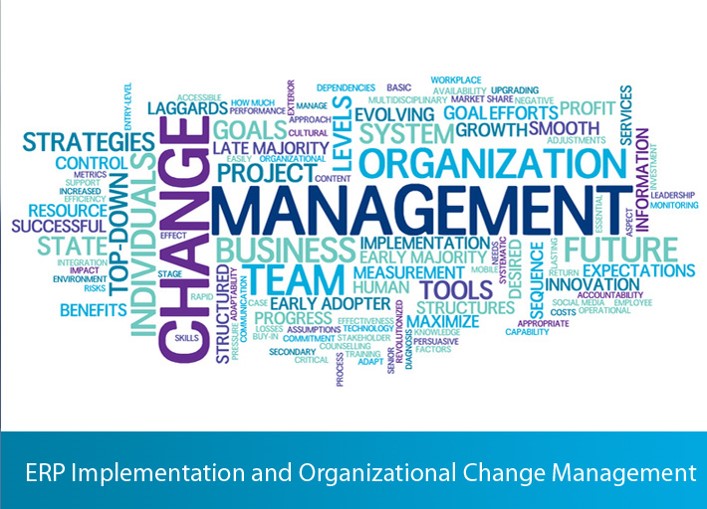
- Teacher: Myca Elaine Domingo
The course introduces students to basic concepts, subjects, and methods of inquiry in the disciplines that comprise the Social Sciences. It then discusses influential thinkers and ideas in these disciplines, and relates these ideas to the Philippine setting and current global trends.
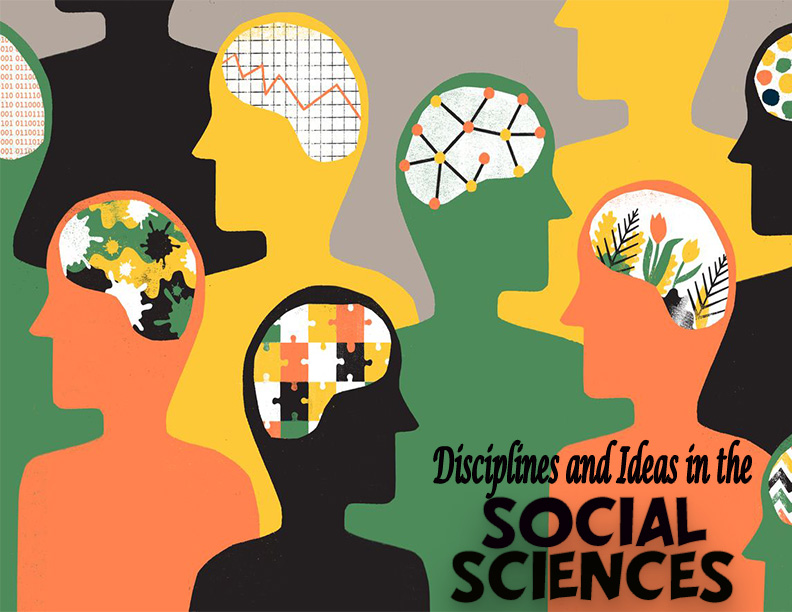
- Teacher: Maria Paz S. Tee
This course introduces the students to the basic concepts and vital elements of politics and governance from a historical-institutional perspective. In particular, it attempts to explain how the important features of our country’s political structures/institutions, processes, and relationships developed across time. In the process, the course helps the learners gain a better appreciation of their rights and responsibilities as individuals and as members of the larger sociopolitical community to strengthen their civic competence.

- Teacher: Crystelle Jane Perez Alferez
- Teacher: Jocelyn Galido
- Teacher: Maria Paz S. Tee
In this course the learners will enhance their understanding of the principles and concepts in the study of biology, particularly life processes at the cellular and molecular levels. It also covers the transformation of energy in organisms.
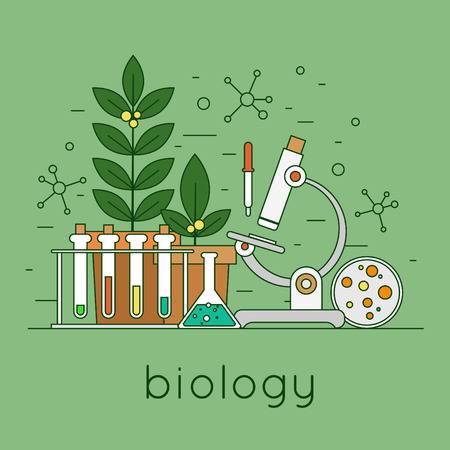
- Teacher: Harry Joshua Constantino Cayos
- Teacher: Gary Ed Flores

- Teacher: Ellen Mae Nasayao
The COMPUTER SYSTEMS SERVICING NC II Qualification consists of competencies that must possess to enable to install and configure computers systems, set-up computer networks and servers and to maintain and repair computer systems and networks.
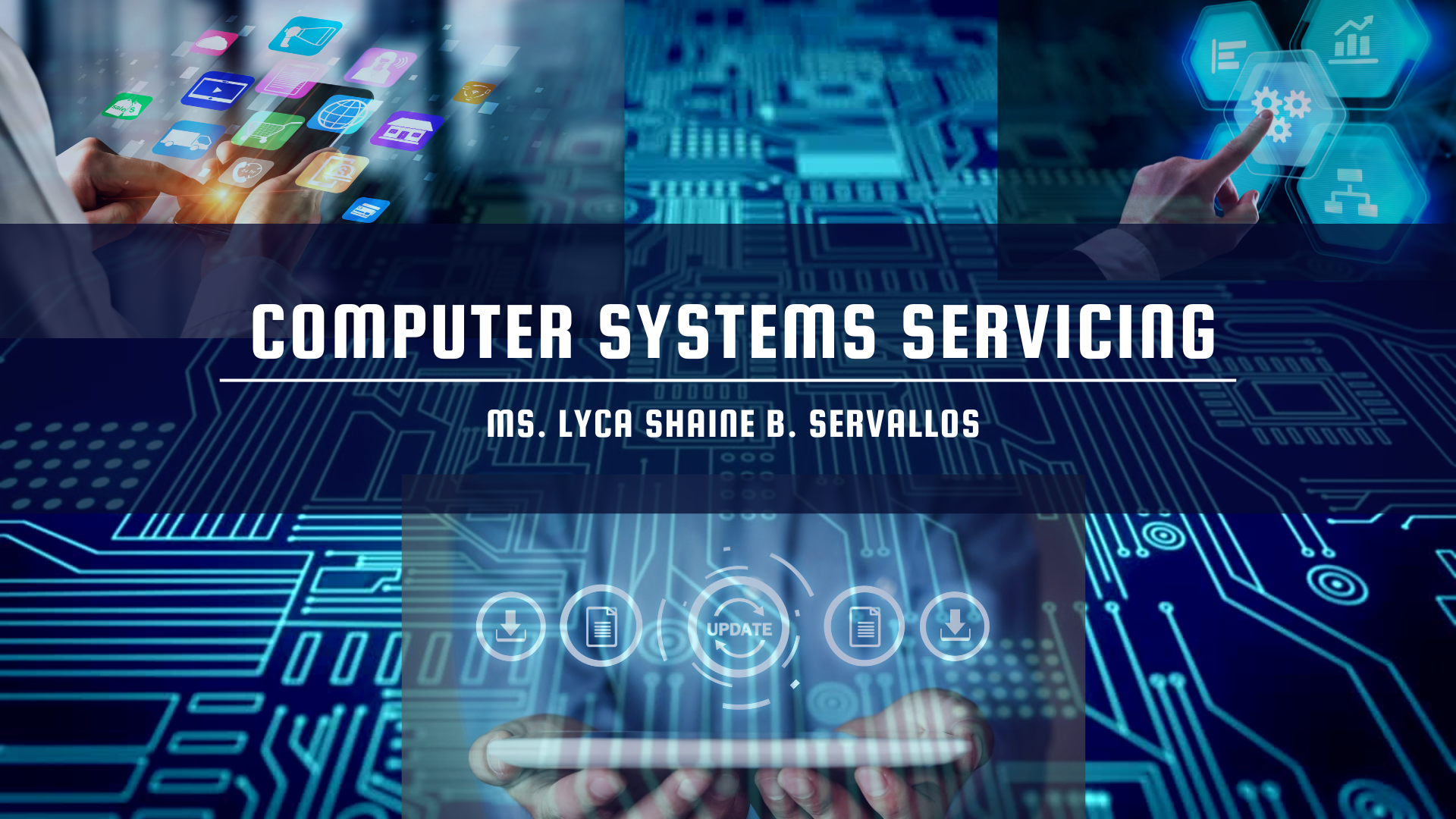
- Teacher: Maydell Danac - Pablo
- Teacher: Lyca Shaine Bornilla Servallos
The student will learn the necessary knowledge, develop the various skills and cultivate the proper attitudes needed for the delivery of quality service of food and beverage operations in hotels and restaurants.
Topics include the following; Clean and tidy bar and food service areas; Develop and maintain food & beverage product knowledge; Manage the responsible service of alcohol; prepare and serve cocktails; Prepare and serve non-alcoholic beverages; provide a link between kitchen and service area; Provide advice to patrons on food and beverage services; provide food and beverage services; Provide room service; provide silver service; Take food orders and provide courteous table service; Manage intoxicated persons.
Credits: 3 units Pre-requisite: Mgt. 1 and 2 Numbers of Hours: 54

- Teacher: Melanie Bermudez Belmonte
- Teacher: Maydell Danac - Pablo
- Teacher: Mirbert Elvis Payag
